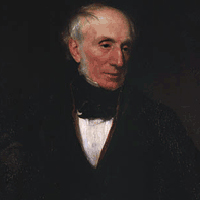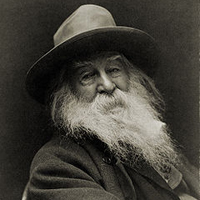Mutability by William Wordsworth: Summary and Analysis
Mutability composed by William Wordsworth, is a traditional sonnet of fourteen lines in iambic pentameter. Wordsworth talks about the transitory-ness or changeability of worldly things and the power of time over great and small things. The poet portrays the life itself through the structural organization, directional symbolism, change in tone and imagery. He is successful at showing the constant change everyone experiences - living and nonliving things - through their lifetime.





